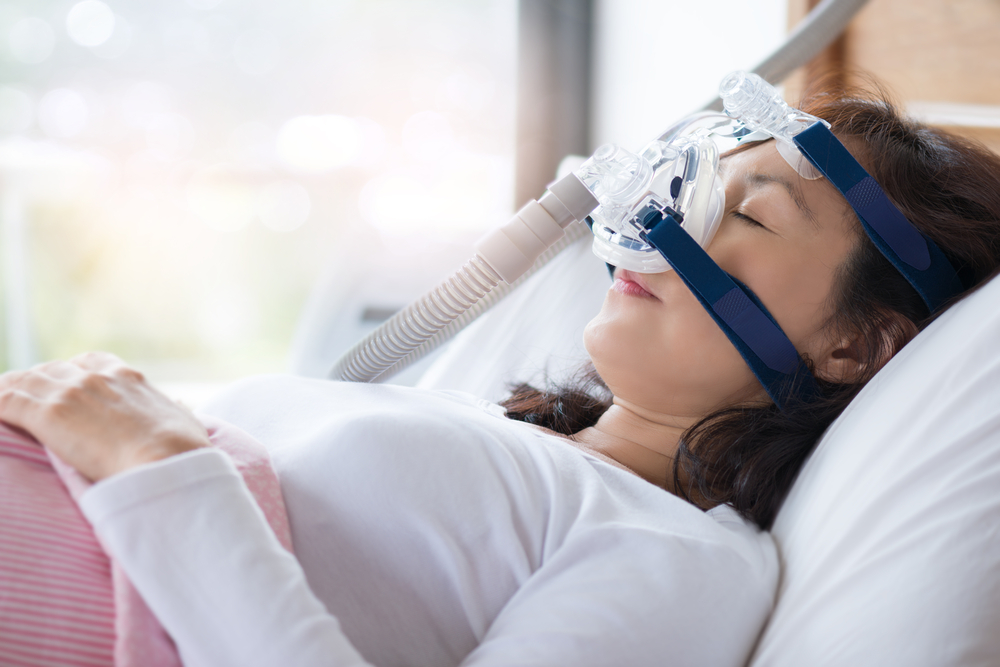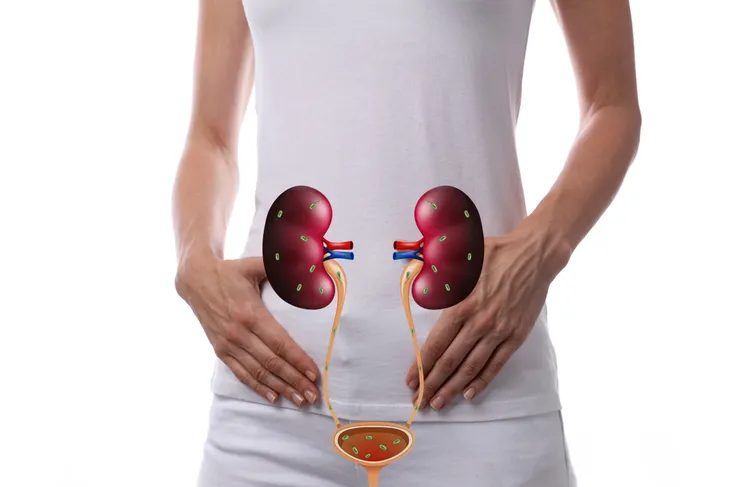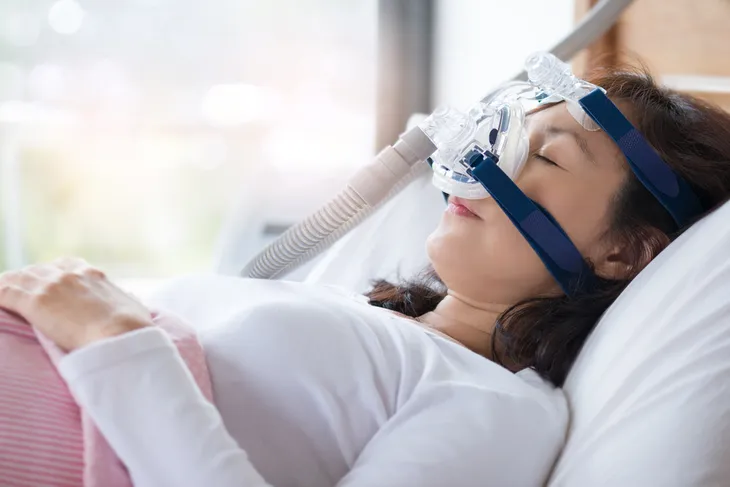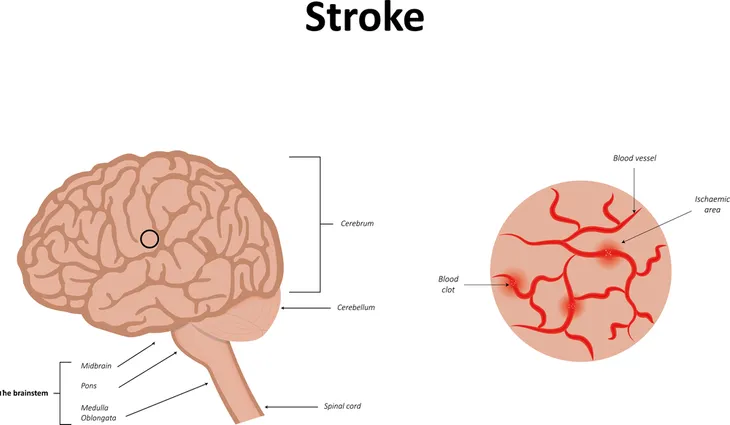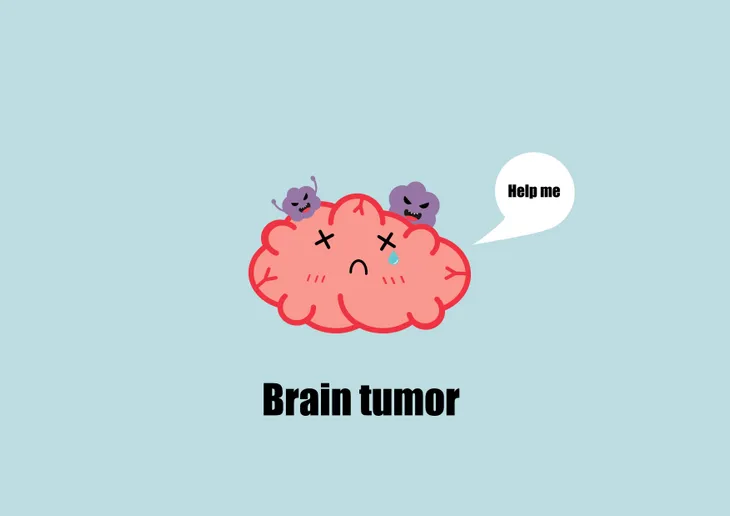There are few diseases more devastating than Alzheimer’s disease, a menacing condition that causes the slow deterioration of brain functionality and ends, inevitably, in death. Far too many people have already watched as their loves ones wither away and perish as a result of this hated disease.
However, it’s not the only condition that affects brain functionality. In fact, Harvard researchers point out that more than 50 conditions can cause or mimic the symptoms of Alzheimer’s disease and dementia. It’s a potentially dangerous mixup that can be avoided by knowing more about these other conditions, so let’s take a look…
Want senior content delivered straight to your inbox? Sign up for our exclusive email list and receive articles and news on diet & nutrition, fitness, and mental health dedicated specifically to our senior audience!
Several Infections
A number of different types of infection—most of them painful and annoying but rarely fatal—can be confused with Alzheimer’s disease. This includes urinary tract infections, skin infections, and lung infections like pneumonia.
The problem is that all of these conditions can reduce physical functionality during the day and night, causing the sufferer to feel overwhelmingly exhausted and groggy. In certain circumstances this can lead observers to believe that the individual is suffering from some kind of mental deficiency or a condition like Alzheimer’s disease.
Medications
It’s no mystery that many of today’s most popular medications come with some significant side effects. These medications can affect both our mental and physical well-being in both positive and negative ways. Unfortunately, many medications—and particularly those meant to treat mental disorders, such as depression—often come with serious side effects that can make patients appear tired, both mentally and physically.
According to research from Harvard University, that’s why so many people often suspect that individuals taking powerful medications are suffering from some kind of brain disorder, such as Alzheimer’s disease. That’s why it’s important for close family members to be aware of the medications their loved ones are taking.
Dehydration
The key to beating the summer heat—aside from staying inside a place that’s air conditioned—is staying hydrated. Experts typically recommend that we drink more water during the hot summer months to ensure we don’t feel run down and unable to perform our normal daily activities.
That’s why dehydration is so often confused with dementia and disorders like Alzheimer’s disease, according to research from the Alzheimer’s Association. Dehydration can significantly reduce normal body functionality and can also negatively affect cognitive functionality. To prevent confusion, drink lots of water, particularly during the long, hot summer.
Sleep Apnea
Shockingly few Americans get the recommended seven to eight hours of sleep each night. Some struggle to get that much sleep because they’re battling sleep apnea, a sleep disorder that’s associated with intermittent breathing problems that prevent the body from entering a deep and restful sleep.
The result can be an exhausted individual who appears sluggish, both physically and mentally, according to this study from the National Institutes of Health. When appearing in the elderly, these symptoms can easily be mistaken for dementia and conditions like Alzheimer’s disease.
Stroke
Few events can change a life so quickly than a stroke, which can result in paralysis, loss of speech, slurred speech, and other problems affecting cognitive functionality. A stroke can happen any time—day or night. It can even happen when an individual is sleeping, with the only symptoms being a clear degradation in cognitive abilities.
That’s why it’s so easy to confuse a single, powerful stroke or many “mini strokes” with forms of dementia like Alzheimer’s disease. And also why it’s so important to check for both when cognitive functionality declines. Keep in mind that tiny, unnoticed strokes, damage the brain only partially and cam cumulate, over time to, dead brain tissue (or Vascular Dementia) and symptoms of slurred speech, confusion, impaired decision making, and paralysis.
High Blood Pressure
It may come as a surprise to some, but rapid adjustments to blood pressure can have a dramatic effect on our physical appearance and mental functionality. The problem is often apparent in older adults, particularly those struggling with high blood pressure or heart disease.
Oftentimes, this issue may also be related to medications that affect blood pressure, which can lead to some people confusing blood pressure changes with certain mental problems, such as Alzheimer’s disease. (To help, here are Naturally Effective Ways to Lower Blood Pressure).
Brain Tumor
There are few diagnoses more frightening than a brain tumor, with popular opinion insisting this condition is generally inoperable and, in effect, a death sentence. However, that’s not always the case. Brain tumors can be effectively removed without dramatically affecting the behavior of the patient.
That said, brain tumors, particularly prior to an operation, can significantly affect an individual’s behavior. That’s why many physicians (as well as friends and family members) often mistake a brain tumor for Alzheimer’s disease.
Depression
Depression and anxiety are often the result of life changes, particularly later in life. It’s during our elderly years that we undergo drastic changes in our lifestyles, from leaving our own home, having to give up mobility or driving, and saying goodbye to friends and family.
Our later years are hardly the one time when depression and anxiety are prevalent, but they do represent the period when conditions affecting our cognitive functionality, such as Alzheimer’s disease, tend to emerge. That’s why many people often confuse depression and other mental disorders—some of which the Mayo Clinic suggests can cause us to appear tired and slow, both mentally and physically—and Alzheimer’s disease.
